|
|
|
|
Nau mai haere mai - welcome to your latest newsletter.
With less than three weeks to go to the elections, neither of New Zealand’s major parties fared well in the latest Newshub-Reid Research poll this week. But at 14.2%, the Green Party had its highest share yet this term.
The gain seems to have come from voters increasingly frustrated by Labour’s centrist shift, which has created a growing void on the left.
As political scientist Priya Kurian writes, the Greens’ polling also reflects the party’s strong campaign and progressive policy in the areas of its charter’s principles of ecological wisdom, social responsibility, appropriate decision making and non-violence.
But despite the ambition, implementation has fallen short, Kurian argues, partly because the Greens continues to battle internal tensions between idealism and pragmatism.
“The party’s policies appear too radical for some members, and not radical enough for those who want to see fewer compromises on issues such as climate action and social justice,” she writes.
But whatever the outcome on election night, Kurian expects the Greens to continue shaping public debate on unchecked economic growth – the default position of the major parties – and its resulting environmental degradation and social inequality.
As always, you’ll find much more to read in this newsletter and on our homepage, including an update on Antarctica’s dramatic changes in sea-ice conditions. Many thanks for your ongoing support - until next week, mā te wā.
|

|
Veronika Meduna
Science, Health + Environment New Zealand Editor
|
|
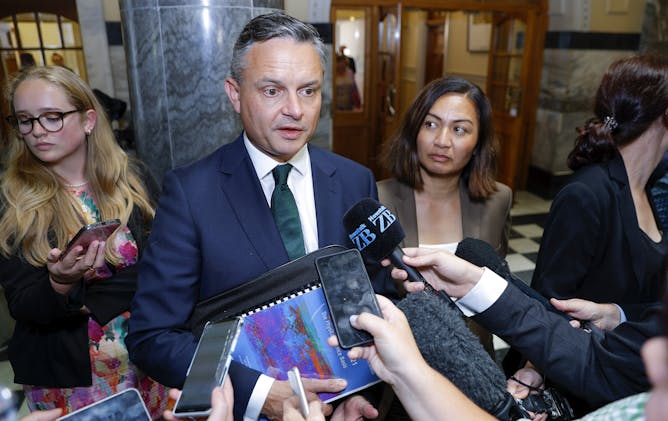
Priya Kurian, University of Waikato
New Zealand’s Greens have undoubtedly succeeded in some policy areas, including climate and housing quality. But the party continues to battle internal tensions between idealism and pragmatism.
|
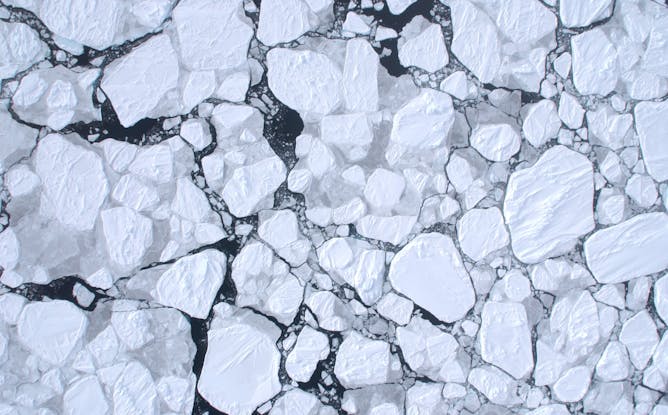
Inga Smith, University of Otago; Andrew Pauling, University of Otago; Greg Leonard, University of Otago; Maren Elisabeth Richter, University of Otago; Max Thomas, University of Otago; Pat Langhorne, University of Otago; Wolfgang Rack, University of Canterbury
Antarctic sea ice is now nearly 9% below norma. But the dramatic decline is not universal around the continent, which makes it difficult to predict the overall impact of climate change.
|
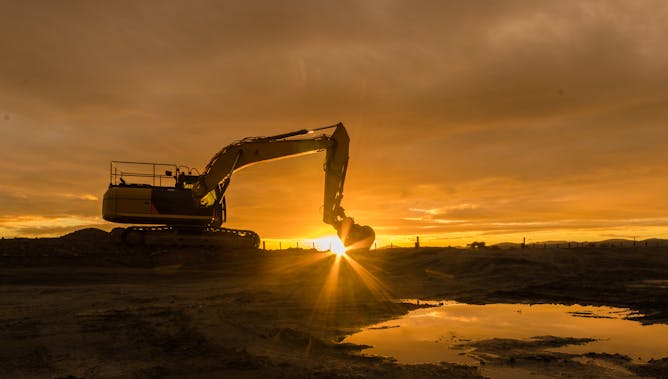
Jeffrey McNeill, Massey University
Under the new Natural and Built Environments Act, it will take ten years to phase out the old Resource Management Act. Parties promising reform will likely end up presiding over the status quo.
|
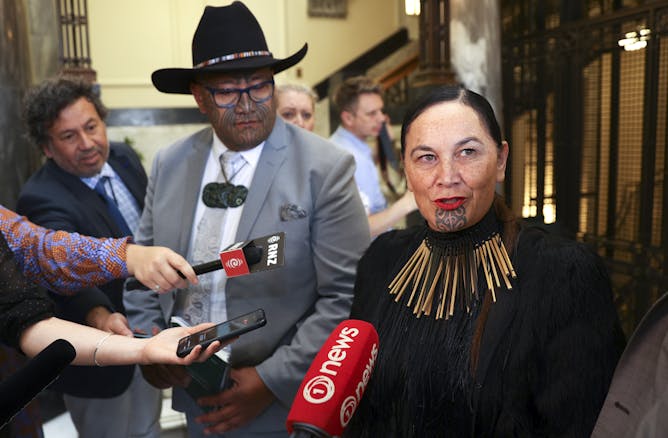
Annie Te One, Te Herenga Waka — Victoria University of Wellington
Te Pāti Māori was born out of protest. After almost two decades, the party is carving out a political presence beyond its traditional base of support.
|
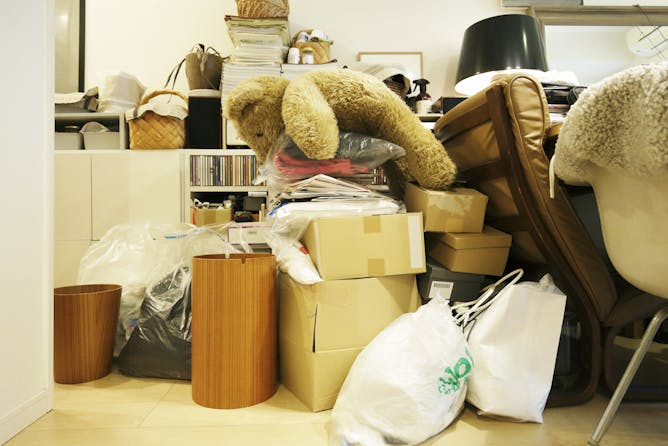
Jamal Abarashi, Auckland University of Technology; Taghreed Hikmet, Auckland University of Technology
Long-term tidiness can require a consistent approach to keeping chaos at bay. But your possessions don’t have to control your life. New research is showing how tidy people maintain their homes.
|
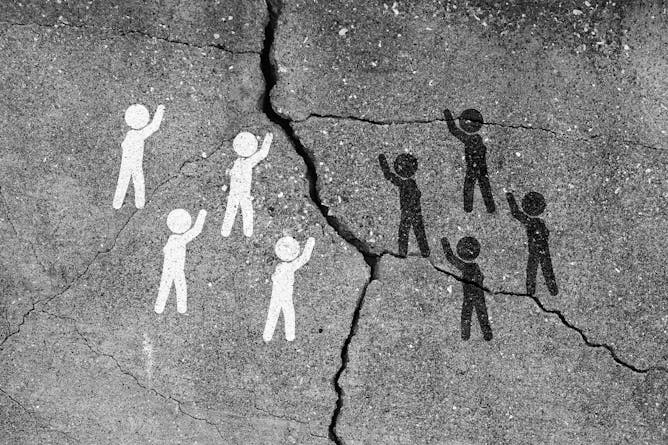
Dominic O'Sullivan, Charles Sturt University
Arguments against including Indigenous cultural perspectives and experiences in public policy have spilled over into prejudice and racism on both sides of the Tasman. That harms democracy.
|
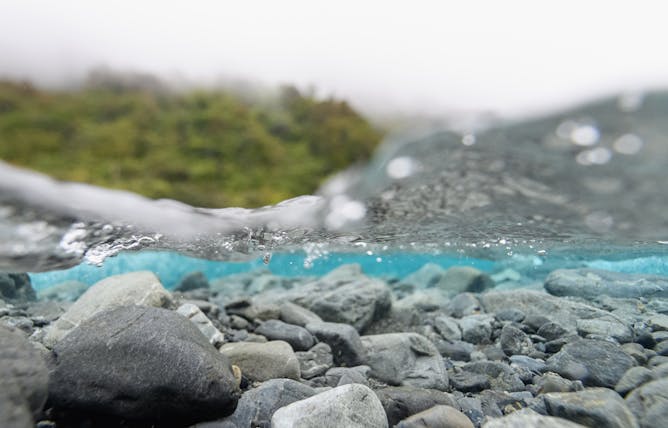
Julia Talbot-Jones, Te Herenga Waka — Victoria University of Wellington; Yigit Saglam, Te Herenga Waka — Victoria University of Wellington
Despite its importance, water management has been largely absent from the election campaign. But using trading markets to improve freshwater quality in smaller catchments deserves wider debate.
|
From our foreign editions
|
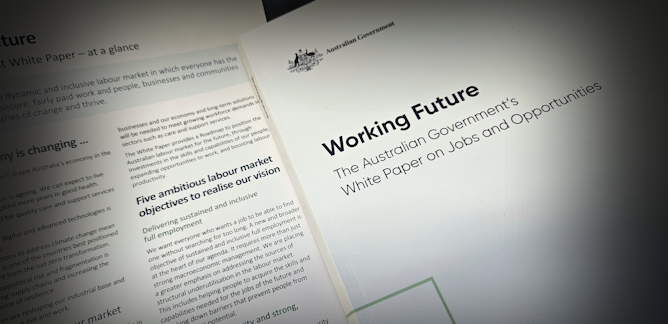
John Hawkins, University of Canberra; Selwyn Cornish, Australian National University
The new paper says closer to 2.8 million Australians are in some way unemployed, equivalent to one-fifth of the current workforce. That’s much more than the official unemployment total of 539,700.
| |

Dale Mitchell, University of the Sunshine Coast
You might want to think twice before hiring Harvey Specter or Annalise Keating as your lawyer. The more accurate depictions of legal practice on TV might not be where you think.
|
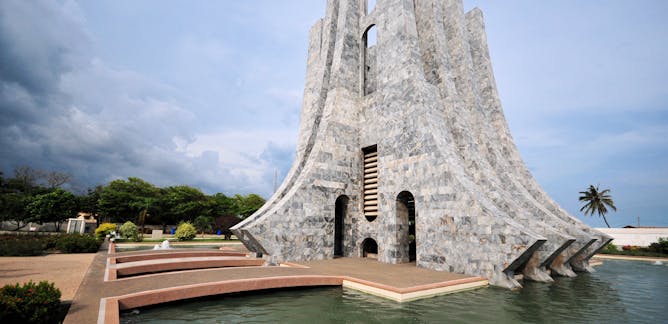
Carola Lentz, Johannes Gutenberg University of Mainz
Attitudes towards Kwame Nkrumah have shifted from veneration to confrontation and destruction and, finally, to more subtle forms of remembrance.
| |

Alicia Fourie, University of Pretoria; Derick Blaauw, North-West University
Cape Town’s informal traders need support, but they need to be consulted first.
|

Mark Maslin, UCL; João Lino, Universidade do Porto
A new generation of auto-inflation devices helps children relieve glue ear. And they look like toys.
| |

Stephan Lewandowsky, University of Bristol; Jana Lasser, Graz University of Technology
When sincerity counts as honesty, accuracy no longer matters.
|
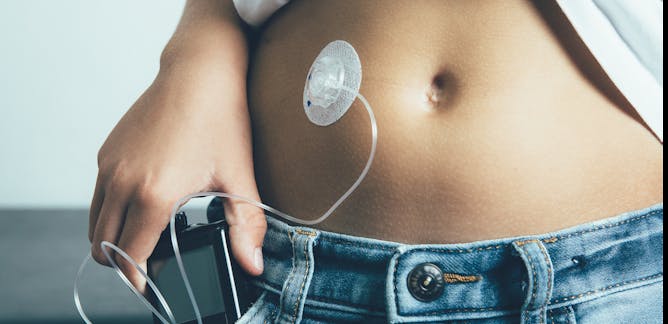
Kellen Chen, University of Arizona
From breast implants to prosthetic knees, implants can trigger a foreign body response that results in your body rejecting them. Suppressing an immune cell gene could reduce this risk.
| |
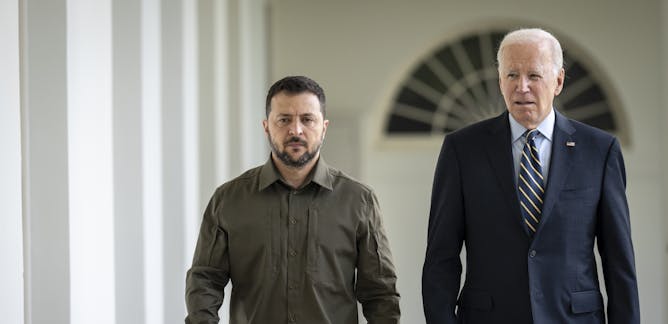
Nolan Fahrenkopf, University at Albany, State University of New York
Post-9/11 international cooperation on weapons proliferation is giving way to a fractured regime dominated by ideology.
|
|
|
| |
| |
| |
| |
|
|
|
|
|
|
|